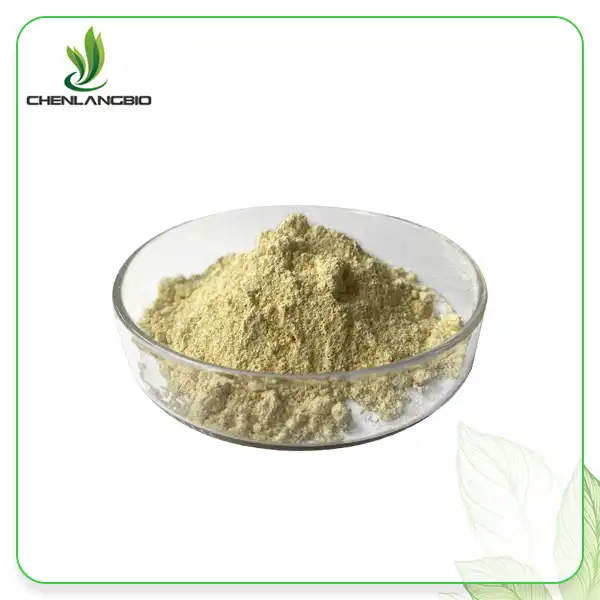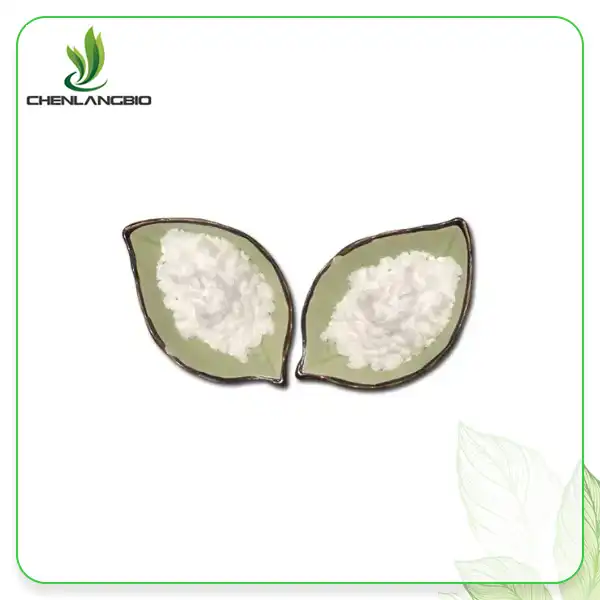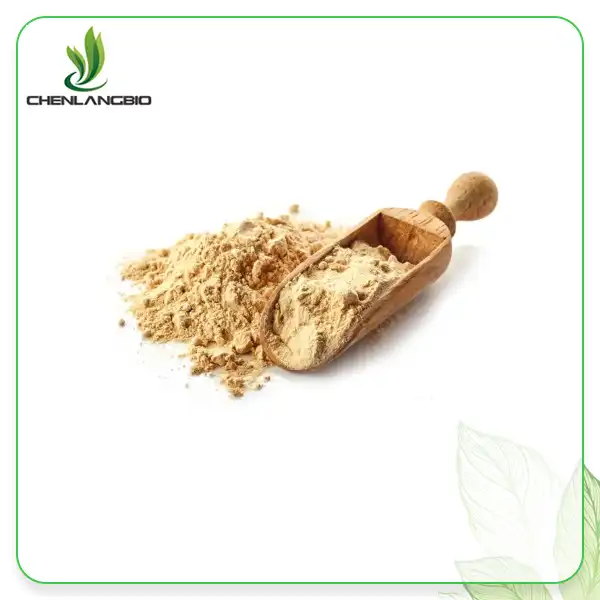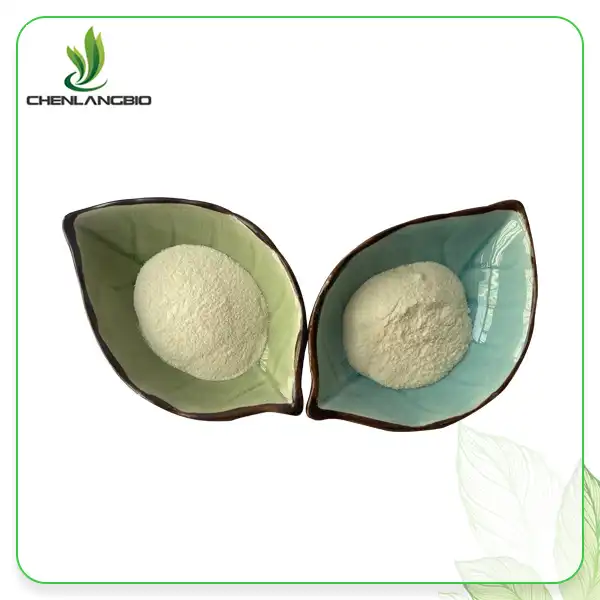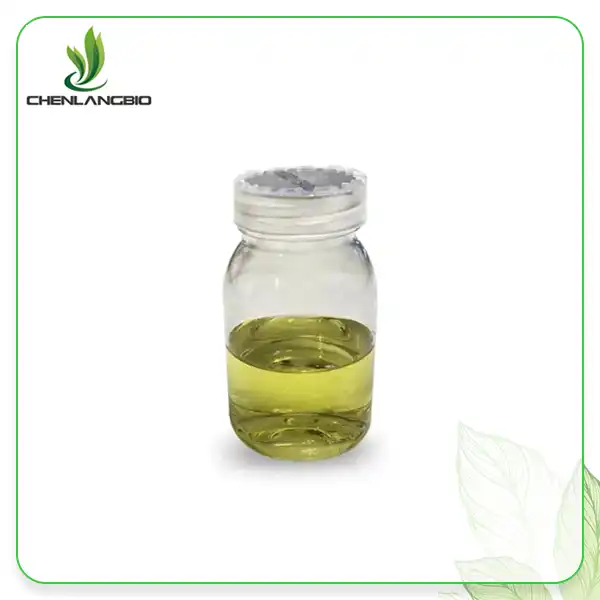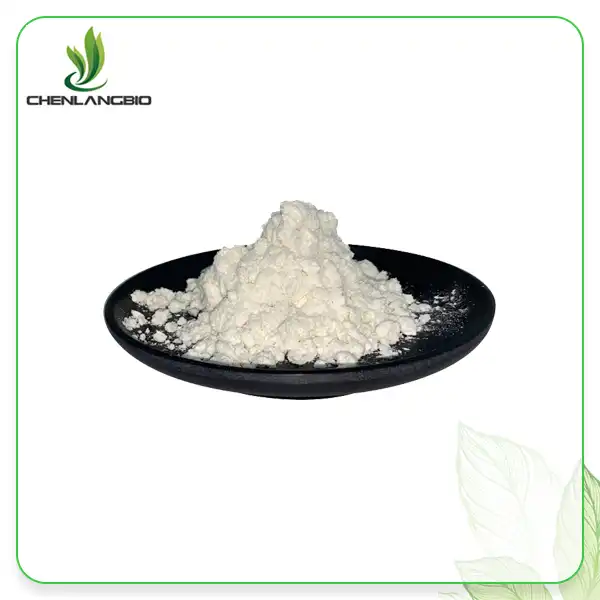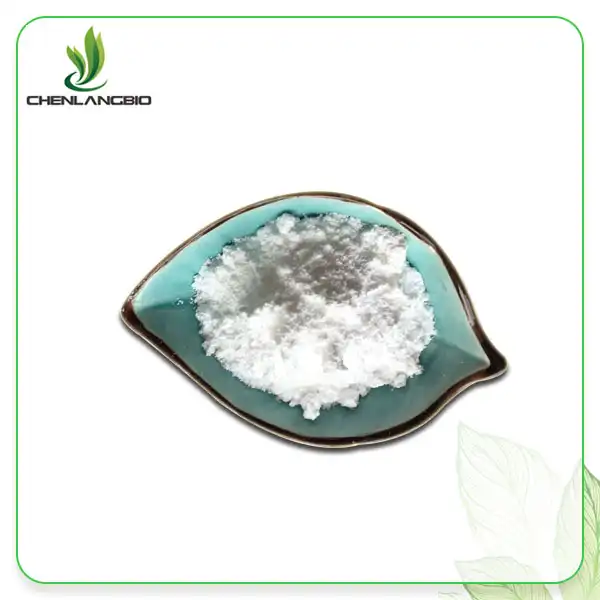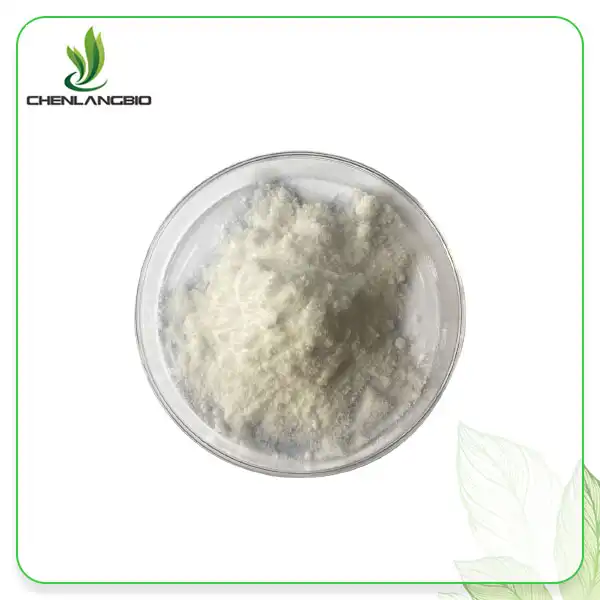What Are Avenanthramides Used For
2024-06-04 15:14:59
Avenanthramides, a group of phenolic alkaloids found predominantly in oats, are celebrated for their extensive health benefits. These compounds have gained significant attention in recent years due to their antioxidant, anti-inflammatory, and potential therapeutic properties. Here’s an in-depth look at what avenanthramides are used for and how they contribute to health and wellness.
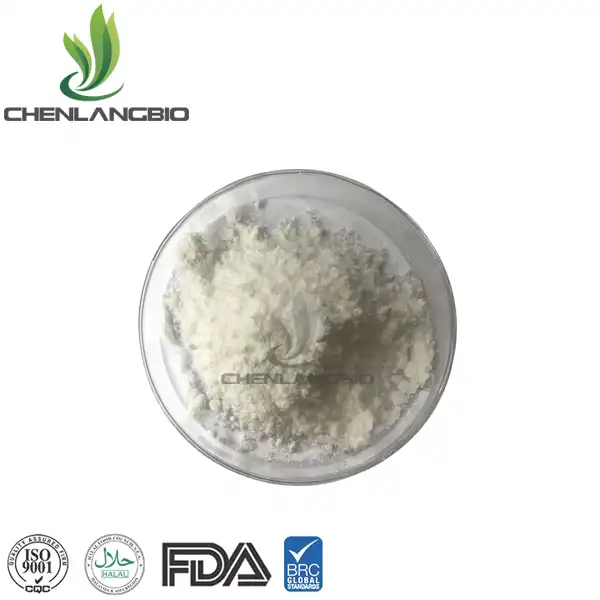
How Do Avenanthramides Benefit Skin Health
Avenanthramides are highly regarded for their benefits to skin health. These compounds are often included in skincare products due to their ability to soothe and protect the skin.
Antioxidant and Anti-Inflammatory Properties
Avenanthramides exhibit strong antioxidant and anti-inflammatory effects, which help in reducing skin irritation and inflammation. This makes them particularly effective in treating conditions like eczema and psoriasis. Their anti-inflammatory properties work by inhibiting the release of pro-inflammatory cytokines and reducing the activity of inflammatory enzymes, thereby providing relief from redness, itching, and swelling.
Research has demonstrated that avenanthramides can significantly reduce the severity of symptoms in individuals with inflammatory skin conditions. For instance, a study published in the "Journal of Dermatological Science" found that avenanthramide-enriched creams led to notable improvements in skin hydration and reduced erythema in participants with atopic dermatitis. The antioxidants in avenanthramides help neutralize free radicals, protecting skin cells from damage and promoting a healthier, more resilient skin barrier.
Skin Soothing Effects
These compounds are also known for their skin-soothing effects. They help in calming irritated skin, making them a popular ingredient in products designed for sensitive skin. Avenanthramides can alleviate symptoms of dry, itchy skin, providing a cooling effect that can be beneficial in various dermatological treatments.
Skincare formulations containing avenanthramides are especially effective for people with sensitive or reactive skin. Clinical trials have shown that these compounds can significantly reduce skin sensitivity and reactivity to environmental stressors. This makes avenanthramides an ideal ingredient for use in hypoallergenic products aimed at minimizing skin discomfort and enhancing overall skin comfort.
Protection Against UV Damage
Avenanthramides also offer protection against UV damage. They can absorb UV radiation, reducing the harmful effects of sun exposure. This property makes them an excellent addition to sunscreens and other protective skincare products, helping to prevent premature aging and skin cancers caused by UV radiation.
The ability of avenanthramides to protect against UV-induced skin damage has been supported by several studies. For example, research published in "Photodermatology, Photoimmunology & Photomedicine" found that avenanthramides reduced the formation of sunburn cells and mitigated DNA damage caused by UVB exposure. This highlights their potential role in enhancing the efficacy of sunscreens and other sun-protective formulations.

Can Avenanthramides Improve Cardiovascular Health?
Avenanthramides have shown promise in improving cardiovascular health, thanks to their antioxidant and anti-inflammatory properties.
Cholesterol Reduction
Studies have indicated that avenanthramides can help lower cholesterol levels. They work by inhibiting the oxidation of low-density lipoprotein (LDL) cholesterol, which is a crucial step in the formation of plaques in arteries. This action helps in maintaining healthy blood vessels and reducing the risk of atherosclerosis, a condition characterized by the hardening and narrowing of the arteries.
Research has shown that regular consumption of oats, which are rich in avenanthramides, can lead to a significant reduction in total and LDL cholesterol levels. For instance, a study published in "The American Journal of Clinical Nutrition" demonstrated that a diet including oats resulted in a 7% reduction in LDL cholesterol compared to a control diet. This effect is attributed to the avenanthramides' ability to prevent LDL oxidation, thereby reducing the risk of plaque formation and cardiovascular disease.
Blood Pressure Regulation
Avenanthramides may also help in regulating blood pressure. Their anti-inflammatory properties can reduce the risk of hypertension by preventing the inflammation that can lead to the constriction of blood vessels. By promoting better blood flow and reducing arterial stiffness, avenanthramides contribute to overall cardiovascular health.
Several clinical studies have highlighted the potential of avenanthramides in managing blood pressure. For example, a study in the "Journal of Nutrition" found that participants who consumed oat-based foods experienced a significant reduction in systolic and diastolic blood pressure. The anti-inflammatory and vasodilatory effects of avenanthramides help improve vascular function, thereby supporting healthy blood pressure levels.
Prevention of Heart Diseases
Regular consumption of avenanthramides through oat-based foods can lead to a significant reduction in the risk of heart diseases. Their ability to combat oxidative stress and inflammation plays a vital role in protecting the heart and maintaining cardiovascular health.
The cardiovascular benefits of avenanthramides have been well-documented in scientific literature. A meta-analysis published in "Nutrition, Metabolism & Cardiovascular Diseases" concluded that diets rich in oats and avenanthramides are associated with a lower incidence of coronary heart disease. This is likely due to their combined effects on cholesterol, blood pressure, and overall vascular health, underscoring the importance of including these compounds in a heart-healthy diet.
How Effective are Avenanthramides in Exercise Recovery?
Avenanthramides have shown significant potential in aiding exercise recovery and reducing exercise-induced inflammation.
Reduction of Muscle Soreness
Avenanthramides can help reduce muscle soreness and inflammation post-exercise. This is particularly beneficial for athletes and individuals engaging in regular physical activities. Studies have shown that supplementation with avenanthramides can decrease the levels of inflammatory markers in the blood, thereby speeding up recovery and reducing muscle pain.
Research conducted on the effects of avenanthramides on exercise-induced muscle damage has provided promising results. For instance, a study published in the "Journal of the International Society of Sports Nutrition" found that participants who consumed avenanthramide supplements experienced a significant reduction in markers of muscle damage and perceived muscle soreness after strenuous exercise. This suggests that avenanthramides can play a crucial role in enhancing post-exercise recovery and performance.
Enhancement of Antioxidant Defense
These compounds enhance the body’s antioxidant defense system. By increasing the activity of antioxidant enzymes such as superoxide dismutase and glutathione peroxidase, avenanthramides help in neutralizing the free radicals generated during intense physical activity. This reduces oxidative stress and prevents cellular damage.
The enhancement of antioxidant defenses by avenanthramides has been demonstrated in various studies. For example, research published in "Free Radical Biology and Medicine" showed that supplementation with avenanthramides increased the activity of key antioxidant enzymes in athletes, leading to a reduction in oxidative stress markers. This highlights their potential in supporting overall cellular health and resilience during and after physical exertion.
Improved Performance
Regular intake of avenanthramides has also been linked to improved athletic performance. Their anti-inflammatory and antioxidant properties ensure quicker recovery times and better overall physical condition, allowing athletes to perform at their best consistently.
Studies on the impact of avenanthramides on athletic performance have shown encouraging results. For instance, a study in the "European Journal of Applied Physiology" found that athletes who consumed avenanthramides exhibited improved endurance and performance metrics compared to a control group. This can be attributed to the compounds' ability to reduce inflammation and oxidative stress, thereby enhancing muscle function and overall physical capabilities.
Conclusion
Avenanthramides, primarily found in oats, offer a wide range of health benefits, making them a valuable component in both dietary and skincare products. Their antioxidant, anti-inflammatory, and soothing properties contribute significantly to skin health, cardiovascular health, and exercise recovery. As research continues, the potential therapeutic applications of avenanthramides are likely to expand, offering even more health benefits. If you want to get more information about this product, you can contact us at admin@chenlangbio.com
References
Avenanthramide - Wikipedia. Wikipedia
What Is Colloidal Oatmeal? Benefits, Uses, and Safety - Healthline. Healthline
Potential health benefits of avenanthramides of oats | Nutrition Reviews | Oxford Academic. Oxford Academic
Avenanthramide - an overview | ScienceDirect Topics. ScienceDirect
This Hidden Oatmeal Benefit Could Transform Your Heart Health. The Healthy
Avenanthramide supplementation reduces eccentric exercise-induced inflammation. Nutrition Journal
Avenanthramides: Uses, Interactions, Mechanism of Action. DrugBank
Avenanthramides :: Ceapro Inc. Ceapro
Plants | Free Full-Text | Avenanthramides, Distinctive Hydroxycinnamoyl. MDPI
Oat-derived Avenanthramides: Research and Applications. PubMed
Send Inquiry
Related Industry Knowledge
- How Does Tretinoin Support Global Skincare Innovation in 2025?
- Is Broccoli Extract Powder Good for Weight Loss?
- How Does Potassium Methoxysalicylate Ccompare to Other Brightening Agents?
- What are the Biochemical Applications of Spermidine Hydrochloride?
- Is Pyrrolidinyl Diaminopyrimidine Oxide Effective Against Hair Loss?
- What Skincare Products Contain Dimethylmethoxy Chromanol
- How to Make Tadalafil Powder: A Step-by-Step Guide
- What is Phenylethyl Resorcinol Product
- When Is The Best Time To Take Resveratrol?
- Oat Extract Skin Benefits


